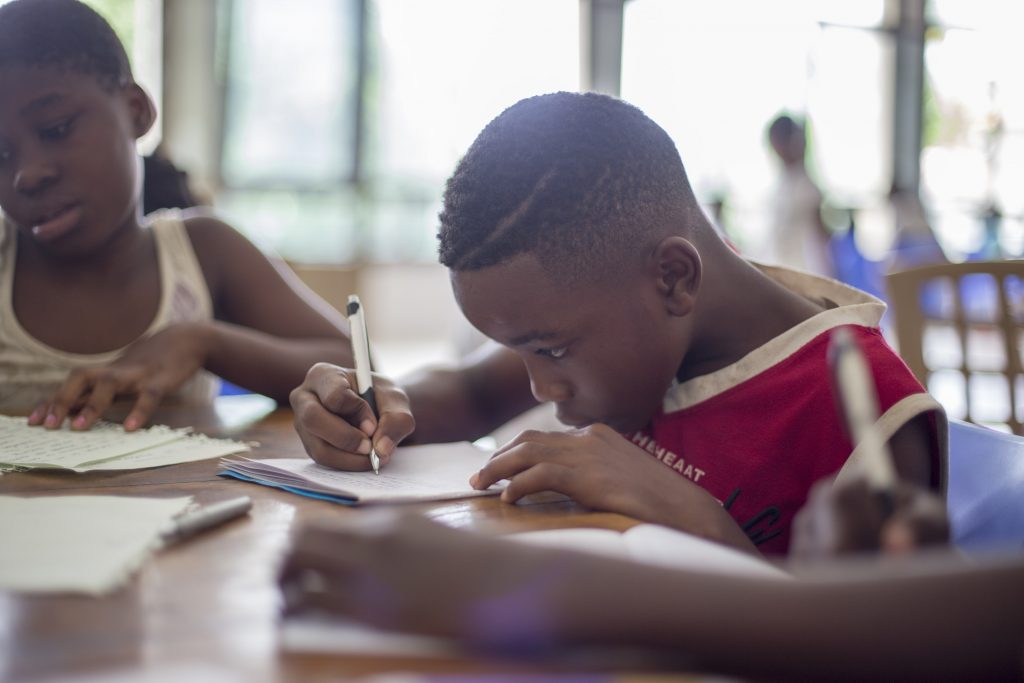
School facilitated arts programs have been in decline for decades. The majority of students affected by this trend have been low-income students and students of color. A new study, released by the Houston Education Research Consortium, looked at the casual effects of a boosted art education program in Houston elementary and middle schools, which predominantly serve low-income students of color.
The programs were provided by the Arts Access Initiative (AAI), a collaboration of school and district-level administrators, cultural institutions, philanthropists, government officials, and researchers. The vision of the AAI was “that every student in Houston will have the opportunity to benefit cognitively, creatively, emotionally, and academically through the arts.”
Participation in the AAI programs was voluntary but demand exceeded supply. Too many schools were interested, so researchers worked with the AAI to randomly allocate participation among 42 schools, totaling 10,548 students. The allocation resulted in 2 groups consisting of about 5,000 students. The schools that benefitted from the program were offered additional arts education — teaching-artist residencies, on-campus performances, field trips, and afterschool programs.
When the researchers compared the two groups of schools during the two-year study, they looked at academics achievements and also responses to surveys that asked students whether they agreed with statements like, “I want to help people who get treated badly,” “Schoolwork is interesting,” and “I plan to go to college.”
The study found that increasing arts education opportunities reduces the proportion of students receiving disciplinary infractions, improves writing test scores, and increases compassion for others. For instance, students’ disciplinary infraction rates fell by 3.6 percentage points. These results are particularly encouraging because the cost to schools was fairly small — about $15 per student. Researchers also found that the AAI intervention improved student engagement, college aspirations, and arts-facilitated empathy.
Arts education has shown to improve skills and knowledge that enhance creativity, positively affect students’ academic achievements and improve social and emotional learning. When our children are given opportunities to grow, we all benefit as a society.
Recent Comments